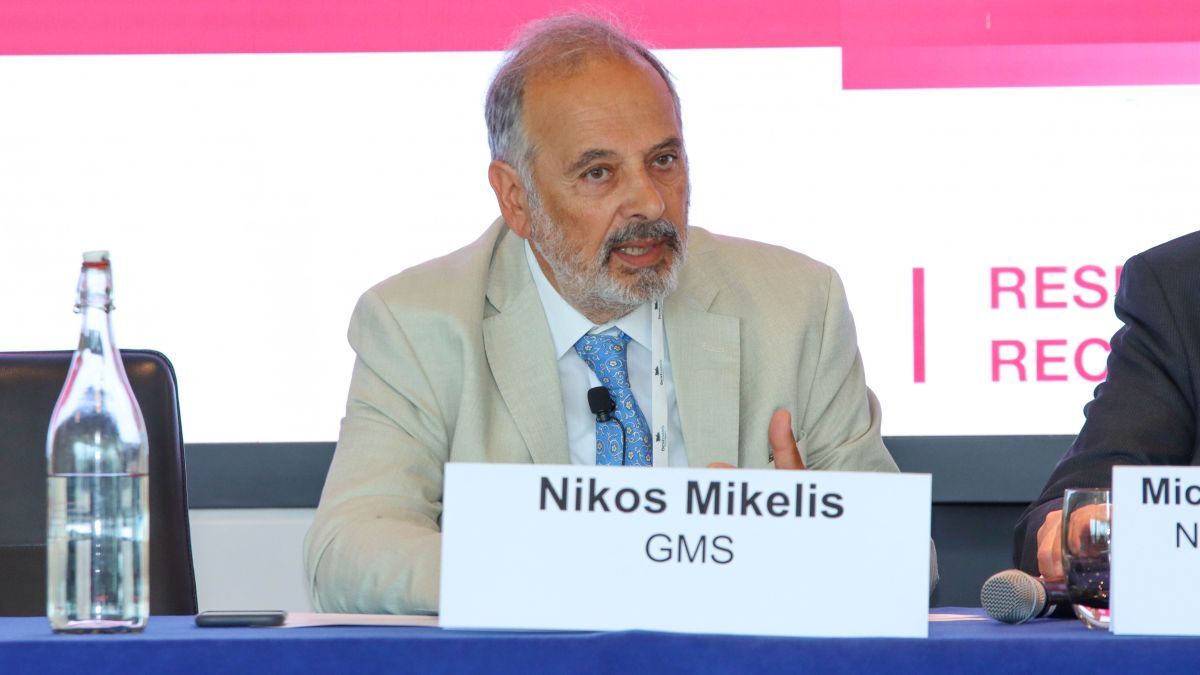Deadlock After Hong Kong Convention Threatens Global Ship Recycling

By Edwin Lampert | 6, August 2025
The global ship recycling industry stands at a precarious crossroads, as the long-anticipated Hong Kong International Convention for the Safe and Environmentally Sound Recycling of Ships (HKC) nears its entry into force. While hailed as a major milestone for sustainable maritime practices, its implementation has inadvertently pushed the sector into regulatory deadlock, with critical implications for recyclers, shipowners, and flag states worldwide.
At the heart of the crisis lies the coexistence — and at times, contradiction — of three separate but overlapping legal regimes: the Hong Kong Convention (HKC), the European Union Ship Recycling Regulation (EU SRR), and the Basel Convention on the Control of Transboundary Movements of Hazardous Wastes and Their Disposal.
Each of these conventions aims to ensure that end-of-life ships are dismantled safely and without environmental harm. However, diverging compliance standards, geographical reach, and enforcement mechanisms have left shipowners navigating a labyrinth of obligations, with no clear path forward.
The Hong Kong Convention, adopted by the International Maritime Organisation (IMO) in 2009, will finally enter into force in June 2025, after reaching the necessary thresholds of ratification. It sets minimum global standards for ship recycling, including the use of certified facilities and the preparation of an Inventory of Hazardous Materials (IHM) for every ship. Countries like India, Bangladesh, Norway, and Japan have backed the HKC, with major South Asian yards investing heavily in infrastructure to meet its requirements.
Meanwhile, the European Union has taken a more stringent route. The EU Ship Recycling Regulation — which came into effect in 2013 — requires all EU-flagged ships to be recycled at facilities listed on the EU’s approved yards list. This excludes many of the major ship recycling countries such as Bangladesh, Pakistan, and most of India, creating a stark disconnect between EU law and global recycling realities.
Layered atop these is the Basel Convention, a broader environmental agreement that governs the cross-border movement of hazardous waste. Basel categorises end-of-life ships as hazardous waste and requires prior informed consent (PIC) before they can be exported for recycling — a rule that frequently clashes with commercial practices in ship demolition.
South Asia — which accounts for over 70% of the world’s ship recycling by gross tonnage — is particularly vulnerable to the fallout. India’s Alang, Bangladesh’s Chattogram, and Pakistan’s Gadani yards have modernized significantly over the last decade, partly in anticipation of the HKC’s entry into force. However, many of these yards remain ineligible under the EU SRR and now face new legal uncertainties from Basel interpretations.
These conflicting obligations are already impacting recycling volumes. Shipowners, wary of violating environmental rules or risking reputational damage, are increasingly delaying decisions to scrap vessels, particularly amid fluctuating freight rates. “The HKC was supposed to create clarity, but instead it has added another layer of complexity,” said one shipowner under condition of anonymity.
Stakeholders across the industry are now calling for urgent regulatory harmonisation. The International Chamber of Shipping (ICS), BIMCO, and recycling associations have urged the EU to recognise HKC-compliant yards in South Asia and expand its approved facilities list. They argue that rejecting these yards undermines both the spirit of the Convention and the livelihoods of thousands of workers.
Moreover, critics warn that the continued fragmentation of rules may push more vessels into substandard and undocumented scrapping — the so-called “grey market” or “beaching” operations carried out beyond the reach of regulators.
“The risk is that environmentally sound and regulated recycling will become so legally difficult that unscrupulous operators will find ways to bypass the system altogether,” said Edwin Lampert, maritime journalist and author of the original report.
The HKC’s enforcement deadline is just months away, but a workable global consensus remains elusive. While IMO Secretary-General Arsenio Dominguez has expressed hope that the HKC will create a “level playing field,” many question whether that’s possible under the current web of laws.
Shipowners are also seeking clarity from flag states. While Panama, Liberia, and the Marshall Islands have ratified the HKC, others remain undecided. Questions also remain over whether compliance with the HKC alone will protect owners from legal action under Basel or the EU SRR.
In the absence of alignment, stakeholders warn of a looming logjam in the ship recycling pipeline. With over 30,000 vessels expected to reach end-of-life by 2030 — including a surge of ageing bulkers and tankers — any disruption in recycling capacity could have cascading effects on shipping supply chains, steel markets, and decarbonization goals.
The maritime world faces a stark choice: harmonise now or face paralysis later. As the Hong Kong Convention becomes law, it may either usher in a new era of safe and sustainable ship recycling or entrench the confusion that currently threatens to sink the industry’s progress.
The time for piecemeal solutions is over. Only a unified, globally accepted framework can ensure that ship recycling is not just safe and environmentally sound, but also legally coherent and commercially viable.
🔗 Read the full article by Edwin Lampert here: https://lnkd.in/eJM6ZfeX
Author: shipping inbox
shipping and maritime related web portal









